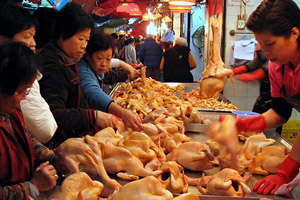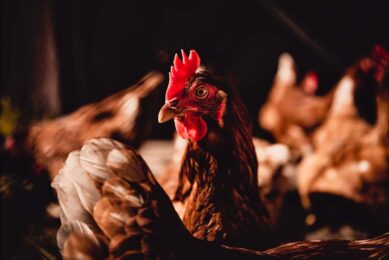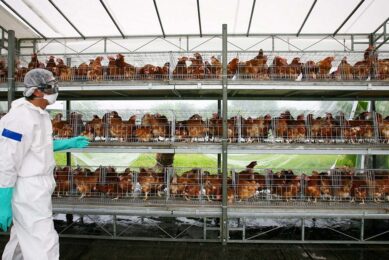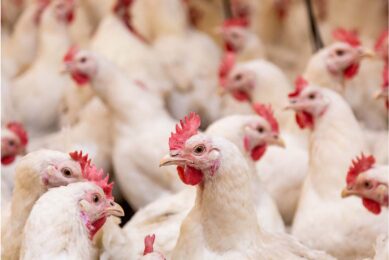Study names poultry wet market as AI cause

Chinese scientists have discovered that a poultry wet market was likely the source for human infections with the avian influenza A H7N9 virus, and discovered the conditions under which the virus could eventually mutate to human-to-human transmissions.
Collaborative research conducted by the University of Hong Kong and Zhejiang University and published in in leading medical journal, The Lancet, http://www.thelancet.com/journals/lancet/article/PIIS0140-6736(13)60903-4/fulltext discovered for the first time that the viral strain isolated from four Zhejiang patients was highly similar to that from the epidemiologically linked wet poultry market, in which about 20% of the chickens were infected by the virus.
Wet markets, which are common in Asian countries, are live animal markets. As all of the infected patients had been exposed to poultry, the researchers set out to determine whether the virus could have been transmitted from the poultry-to-humans. The researchers took cloacal swabs from chickens, quails, pigeons and ducks across six poultry markets where the patients had been to. Forty percent of the pigeons as well as 20% of the chickens were tested positive for H7N9.
The team compared the genetic makeup of the H7N9 bird flu virus of one of the patients with an H7N9 isolate from one of the chickens – they found a number of similarities that suggest the virus was transmitted from the chickens.
“Overall, the evidence, in terms of epidemiology and virology, suggests that it is a pure poultry-to-human transmission, and that controlling [the epidemic in humans] will therefore depend on controlling the epidemic in poultry,” said co-lead author of the study, Professor Kwok-Yung Yuen.
“Aggressive intervention to block further animal-to-person transmission in live poultry markets, as has previously been done in Hong Kong, should be considered. Temporary closure of live bird markets and comprehensive programmes of surveillance, culling, improved biosecurity, segregation of different poultry species, and possibly vaccination programmes to control H7N9 virus infection in poultry seem necessary to halt evolution of the virus into a pandemic agent.”
Source: Global Times
Join 31,000+ subscribers
Subscribe to our newsletter to stay updated about all the need-to-know content in the poultry sector, three times a week. Beheer
Beheer








 WP Admin
WP Admin  Bewerk bericht
Bewerk bericht